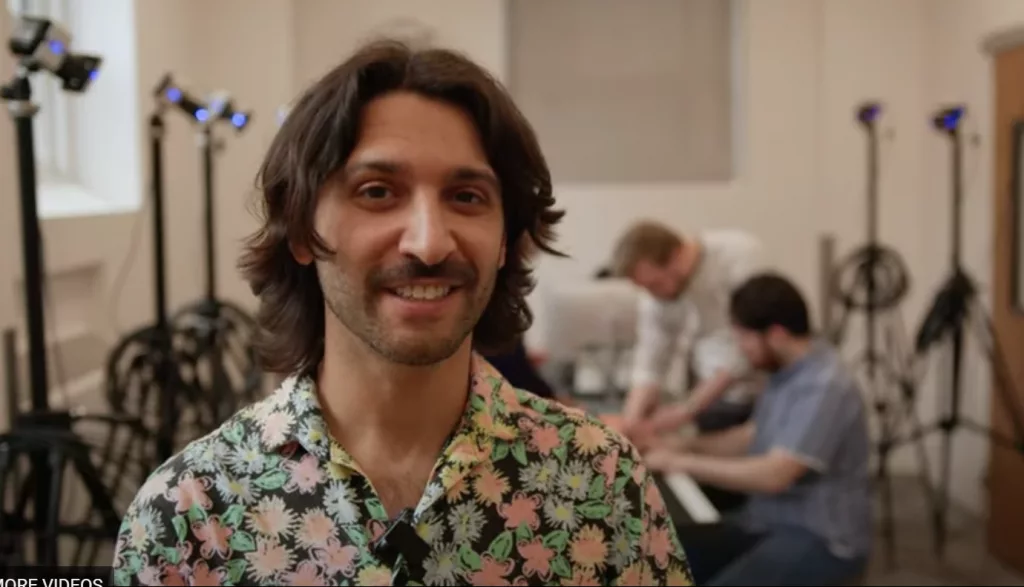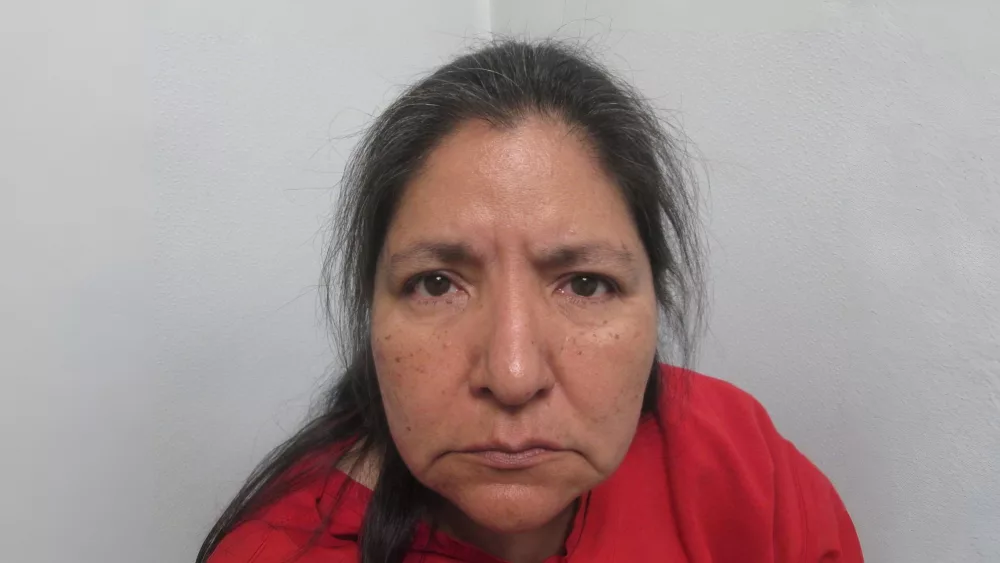PULLMAN, WA – The Washington State University College of Education has opened a research lab focusing on the intersection of music, motor learning, and rehabilitation.
Tristan Loria, an assistant professor of kinesiology, and music lover runs the Interdisciplinary Music Performance and Learning (IMPL) Lab, located at WSU Pullman’s Smith Gym 53.
“I want to give back to music everything that music has given me.”
His research delves into how movements change as musicians acquire new skills and how factors in the learning environment influence this process.
Loria said the lab will investigate how musicians’ movements evolve as they develop new musical skills, aiming to identify objective ways to assess motor learning. It also will explore how these insights can be applied to promote motor re-learning in individuals recovering from stroke or living with Parkinson’s disease. This includes how rhythmic actions can be applied to facilitate movement coordination, enhance motor planning, and improve timing in rehabilitation contexts.
The new lab at WSU is exploring how musical training shapes movement and how those insights could help improve motor skills in stroke and Parkinson’s patients.
“I opened this lab so we can better understand how musical motor skills are acquired, applying what we learn will allow more individuals to meet their music learning goals,” he said. “I hope my work develops novel paradigms for music learning in educational settings and rehabilitation.”
To do this work, Loria is leveraging technology, such as motion capture, to quantify how movements underlying sound production change as learning progresses.
“By developing this knowledge, we can gain a more objective understanding of the mechanisms that make us better as playing music.”
Loria said he plans to open the lab to collaborations with educators, clinicians, and students, building a bridge between music education and rehabilitation science. His goal is to develop practical applications that can be implemented in both music education centers and therapeutic settings.





